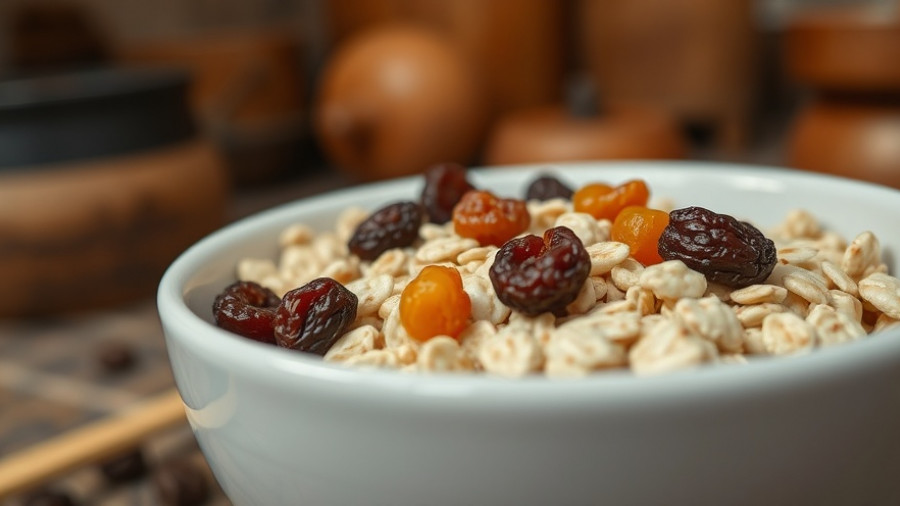
The Unseen Powerhouses: Understanding Kidney Health
Often taken for granted until issues arise, our kidneys play a crucial role in maintaining our overall health, filtering waste, regulating blood pressure, and balancing fluid in the body. It’s no surprise that taking a proactive approach to kidney care, especially through diet, can dramatically enhance their functionality.
Superfoods to Support Your Kidneys
Recent insights from dietitians reveal various foods that help protect and nourish the kidneys. Among these, blueberries stand out for their high antioxidant content, particularly anthocyanins, which safeguard kidney cells from oxidative stress. Their low potassium and phosphorus levels make them suitable for individuals across all stages of kidney disease, promoting overall health and potentially aiding gut health as well.
The Versatile Cauliflower: A Kidney-Friendly Champion
Not just a popular low-carb substitute, cauliflower is an excellent choice for kidney health. Packed with vitamin C and fiber, this cruciferous vegetable offers an alternative to starchy foods while keeping potassium levels in check. This makes it especially beneficial for those struggling with kidney function, ensuring that nutrient intake doesn’t come at the cost of potassium overload.
Simple Swaps for a Kidney-Healthy Diet
Incorporating kidney-friendly foods doesn’t have to be complicated or restrictive. For instance, substituting cauliflower for potatoes can provide similar textures in dishes without the associated potassium burden. Similarly, replacing sugary snacks with blueberries can not only satisfy a sweet tooth but also contribute positively to kidney health.
Conclusion: The Power of Prevention
Protecting our kidneys through thoughtful dietary choices is not just smart; it's essential. As the unsung heroes of our body, kidneys deserve the utmost care. Incorporating nutrient-dense foods like blueberries and cauliflower empowers you to take charge of your health, fostering longevity and vitality.
 Add Row
Add Row  Add
Add 




Write A Comment